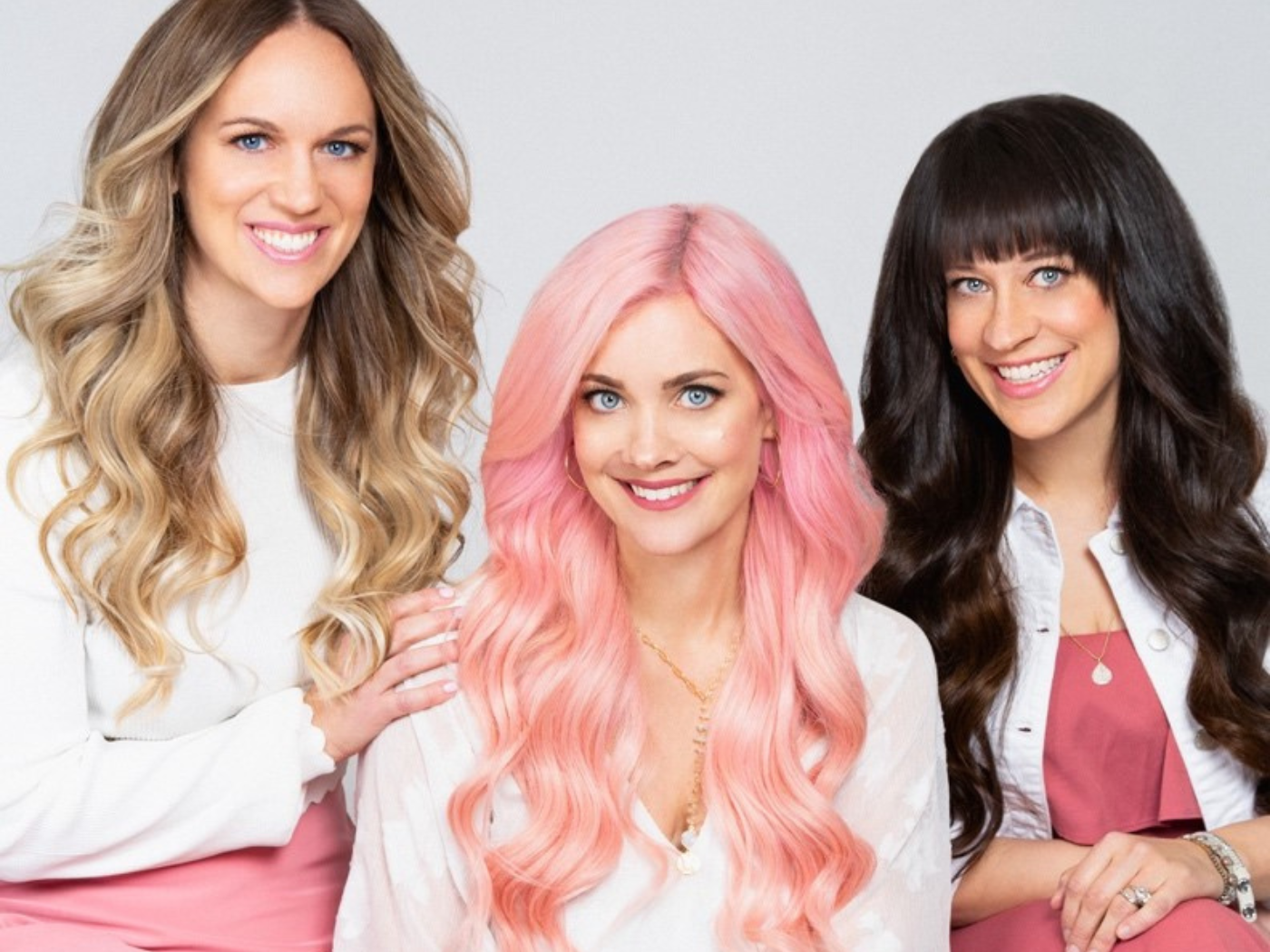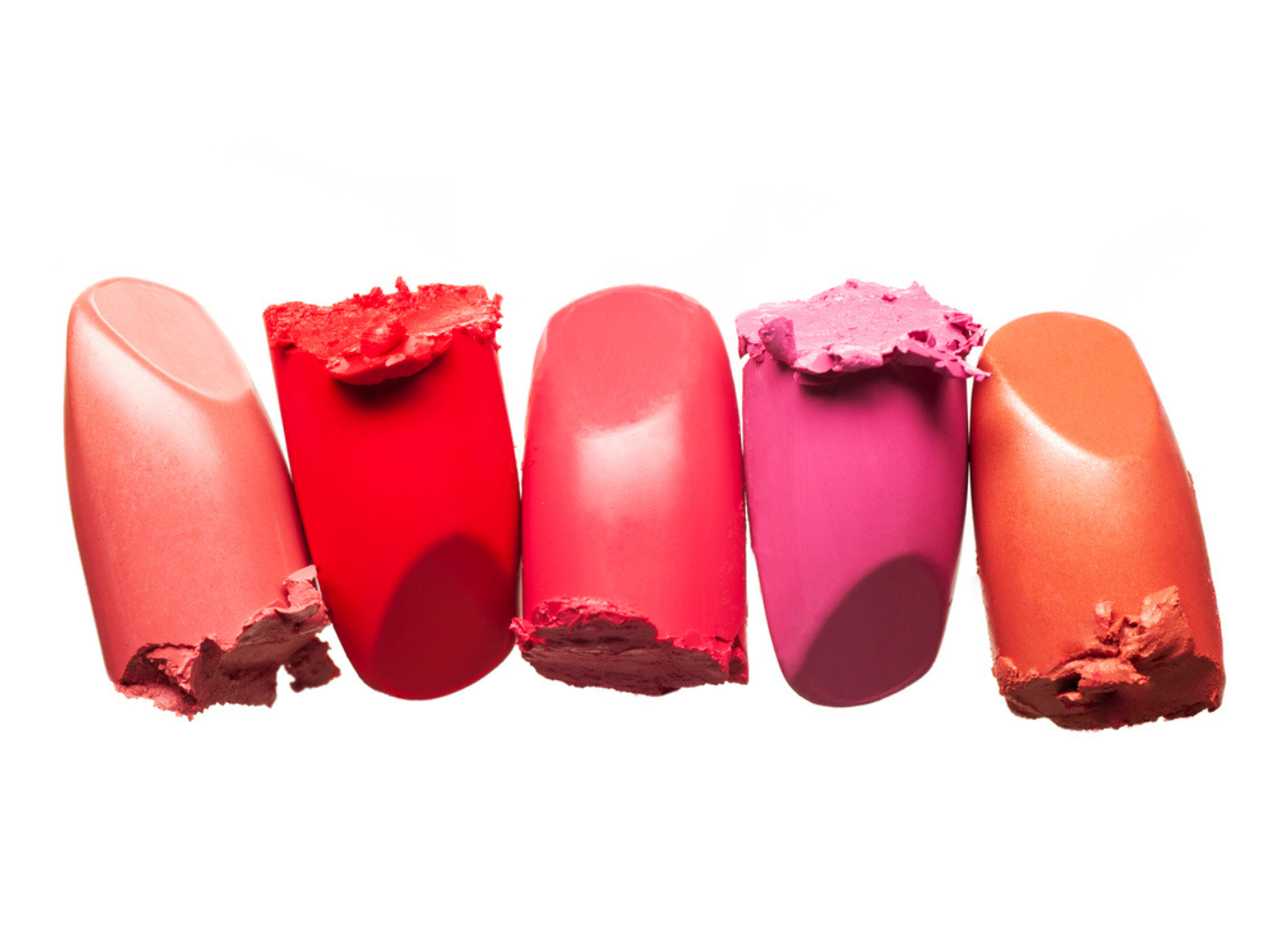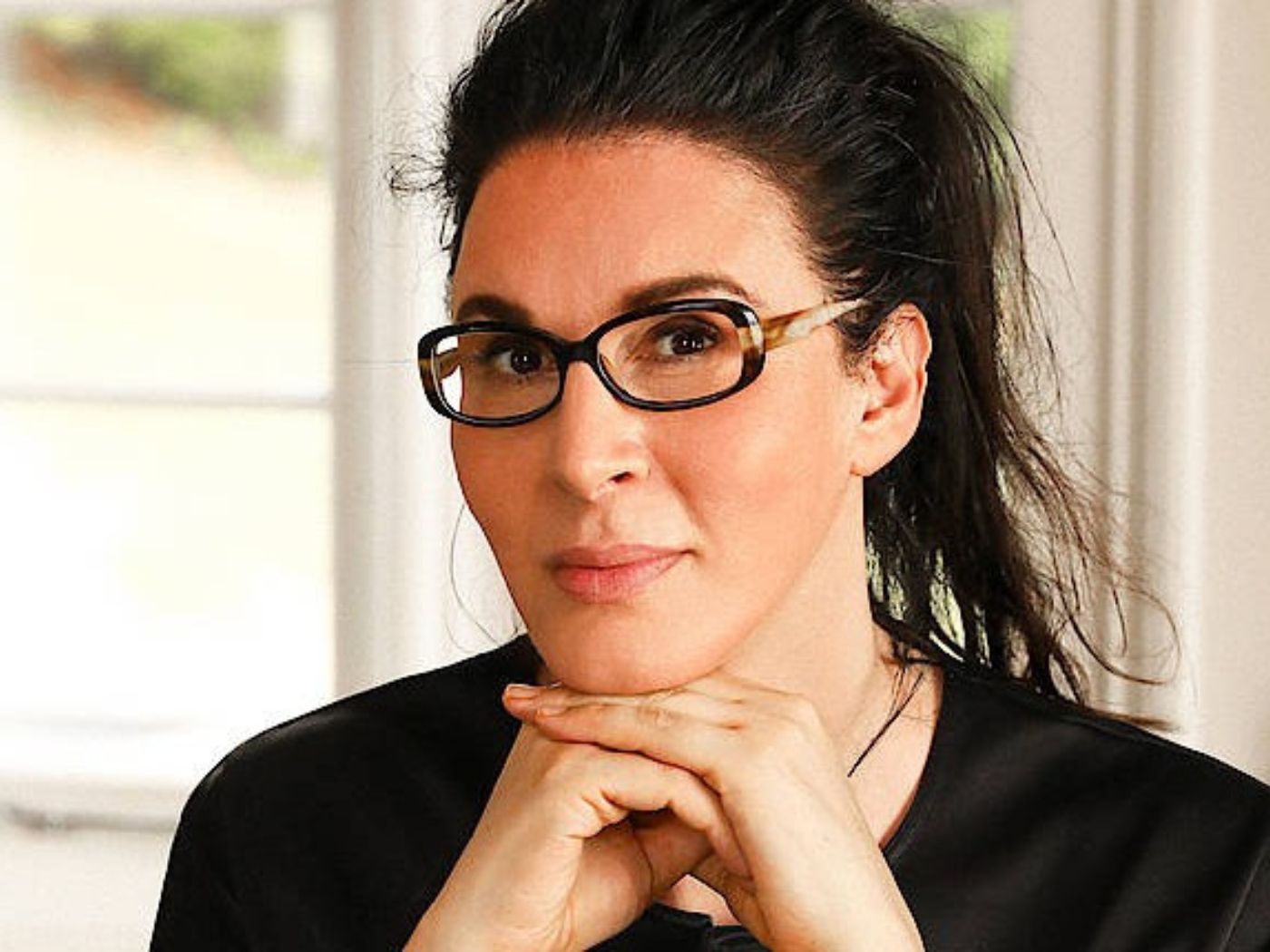According to Mark Cuban, the key to being a successful entrepreneur isn’t about having great ideas, or even passion. Effort and preparedness is what separates those who will win from everyone else.
That was the sentiment of Mark’s introduction and panel Q&A Sunday morning, July 13, the official start to Cosmoprof North America’s 12th annual show in Las Vegas at The Mandalay Bay Hotel & Casino. “Everybody has ideas. Ideas are easy. Same with passion, everybody has passion for something. But passion is something you can feel, you can’t spend it. The key to being successful in anything you imagine doing is effort. The one thing in your life that you can control is your effort. Where are you spending your time? Do you know more about your industry than anyone else in the room? Do you know more about your competitors’ products than your competitor? It all comes down to effort, then preparation.”
Following his brief chat to about 300 stylists, salon owners and manufacturers, the graduate of Indiana State University answered questions by the media consisting of Beauty Editor Faye Brookman of Women’s Wear Daily and Publisher of Creative Age Publications, Deborah Carver. The panel was moderated by Professional Beauty Association Chairman, Scott Buchanan.
DC: You’ve purchased interest in three companies [Hot Tot, Simple Sugars and Kisstixx] in the beauty industry. What attracted you to the beauty industry and what do you plan to do in sales, marketing and distribution with those products?
MC: First of all these are three “Shark Tank” [the ABC reality TV series] winners. When the entrepreneurs walk in the door we know nothing about them. So these three walked in with their companies and just started pitching us. On T.V. it’s 10 to 12 minutes of edited pitching but really it’s more like 45 minutes to 2 hours long. So you ask me what was it about the beauty industry? Absolutely nothing. What attracted me to each of them was their drive, motivation and commitment to their products and the fact that they were able to convey to me that opportunity in their industry. All the things that I mentioned they were able to connect with me on. And now that I’ve had the chance to work with them it’s a tough industry. It’s a grind-it-out industry, particularly when you are small and you are knocking on doors. And you are taking chances and you are guessing sometimes. It’s not really a data driven industry when it comes to start ups. So I’ve tried to push them to communicate the benefit of their products and more importantly just to grind it out. Will they turn into the next big brand? I hope so. But are there any shortcuts in the beauty business? No. That was the first lesson I learned. You can’t just rocket to the top.
FB: What are some of the mistakes people make when presenting a brand to you?
MC: They lie. There are people who have come on with MBA’s from Ivy League schools and doctorates and some of them are certainly smarter than me but it’s hard to be smarter [than the five “sharks” or judges who give aspiring entrepreneurs a shot at receiving capital from a business pro] so we try to play off of each other and listen to one another because we respect each other. We listen and try to find out things but if you try to BS us we will nail you. We are also allowed to do due diligence after the fact. So if you told us your cost of goods sold was 10% and then we do analysis and see that it’s 10% if you sell a million bottles then we will catch you on it.
Audience question: What motivates you every day?
MC: I love competition. I love kicking people’s asses. Seriously. I say this all the time that business is the ultimate sport. I’ve sat down with our players [Mark owns the Dallas Mavericks] over the years and a game is 48 minutes over a period of 2 hours, you practice a couple of hours a day. And then you’re done and there’s a new season. In business it’s 24 [hours] by 7 [days a week] by 365 [days a year] by forever and you compete with who knows because there’s always a new hair care product, there’s somebody with a better idea, there’s somebody who is changing their ingredients. There’s always somebody coming after you and to me that is the ultimate competition. It used to be I was the young gun and now I’m the old guy so the younger you are the more I want to crush you. My wife looks at me and just shakes her head. I like to play basketball and when I play I don’t want to go up against guys my age, I want to go up against the guys in college to see how good I am. Business is the same way. I want to kick your ass.
DC: What keeps you awake at night?
MC: My kids’ health. The family stuff. But in a business sense, well, I’m the luckiest guy in the world. After Indiana State University I moved down to Dallas, Texas and I lived with six guys in a two bedroom apartment and I got a job at a software company and I got fired and that led to me starting my own company. I was so scared the whole time that it motivated me. I was always thinking, How long is this going to last? When you are starting out that’s what keeps you up at night, you are dreaming work and you’re thinking about work 24/7. I always tell people that if it’s your company and it’s a start up and you’re not thinking about it, it’s not the right field. What I’m good at, historically, is finding out what’s next: Strategically, organizationally, technologically. And so for me it’s like, Did I miss anything? That fear of missing things and how that may impact one of my companies just keeps me going and keeps me up, keeps me reading, keeps me working, keeps me doing events. Fear of not wanting to get my ass kicked.
FB: How do you take a product from an entrepreneurial stage to the next stage?
MC: When you are just getting something going people start to think they need an investor or they need this or that. And start-up companies don’t fail for lack of investors they fail for lack of connections or for lack of effort. So once you get past the point where your business starts to sell and you have customers then you get to another stage and you have five employees, then you get to the point where should you have a manager and so on. My advice is to keep your organization as flat as possible and be yourself. Don’t think that a business is supposed to be done one way or another. Think in terms of what keeps your customers happy, what allows you to compete and what puts you in the best position to succeed. And the business structure and all of those things really has very little to do with it. One of my best lines is how I talk about keeping customers happy. They ask me, What is good customer service? And I tell them it’s like good sex. You give it to them. You ask them if they liked it, and if they say yes, you do it again.
DC: What if you have a mediocre product? Can all of the other things like sales and effort save it?
MC: If your product sucks it sucks.
DC: I didn’t say sucks, I said mediocre.
MC: If it’s not killing it, it sucks. At that point in time you have to look at the bigger picture. If you are a single product company and you are not doing so well, you have problems. Now you have to do the work and say, OK what should I do? It’s not easy. Most companies go out of business. If it were easy we would all just do it. I mean I thought I had a groundbreaking product: I was going to sell powdered milk. This was when I was living with those six guys in that two-bedroom apartment and I thought milk was too expensive. I was thinking that it’s 30% less money so who cares if it doesn’t taste that good. But that’s what entrepreneurs do, they lie to themselves.
Question from audience: Is it important to protect potential business names and product names?
MC: It depends where you are in your life cycle. Trademarking isn’t all that expensive in the big picture so you don’t want to start a company and put in a lot of sweat equity and then have to change your name because you didn’t have a trademark for it. Trademarks are typically a good idea. Patents on the other hand, those are tough particularly in an industry when it’s more about formulations than anything else—and they change over time. I can’t say I’m an industry expert in patents but generally I’m not a fan of getting them right off the bat because they are expensive and you are paying lawyers and patent attorneys. The best way to protect your product is to make it so that your customers never want to do business with anyone else. So if as a startup I have a choice of spending $60,000 to get my patents done or using the money to get into the hands of customers, I think that protects you more because when you get the commitment they won’t want to do the business with anyone else.
FB: What do you think about entrepreneurs and social media?
MC: I think social media is great. But you have to understand that it is a moving target and you have to re-earn social media users’ attention span every day. If the content is not fresh or interesting they will ignore you. It’s great in that you can build a following and connect directly but it’s also very scary because if you don’t do a good job it reflects on your brand and product and you can lose them just as quickly, as well. So don’t look at social media as something you give the intern to do. Also, be aware that you have to know who you are interacting with. Your competitors are reading what you put out. So, I use it as more a broadcast medium than an interactive medium.



